962-7983-18423+
24/7 دعم
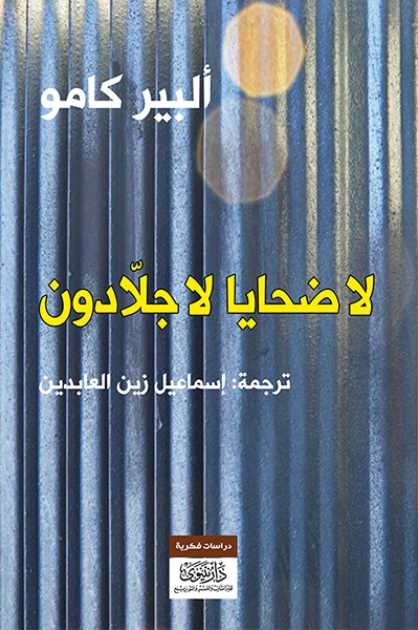
This intellectual text addresses violence and revolution from an ethical perspective, rejecting the justification of murder in the name of higher causes. It discusses individual responsibility and the limits of justice when ideas become tools of oppression.
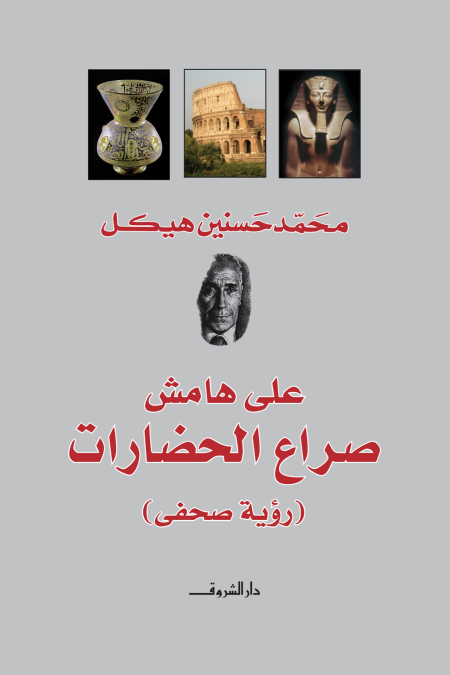
This work presents a profound analytical perspective on the interactions between East and West from a political and historical angle, tracing the roots and contexts of modern tensions. It offers a critical reading of international events and their repercussions on the Arab world.
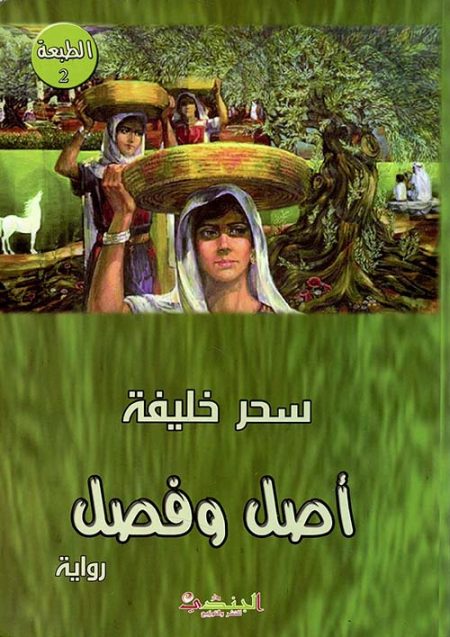
This novel explores the transformations of Palestinian society through intertwined characters who reflect the struggle for identity, class, and women’s rights under the pressure of occupation and social realities. The text reveals the contradictions within the human psyche between clinging to one’s roots and striving for change.
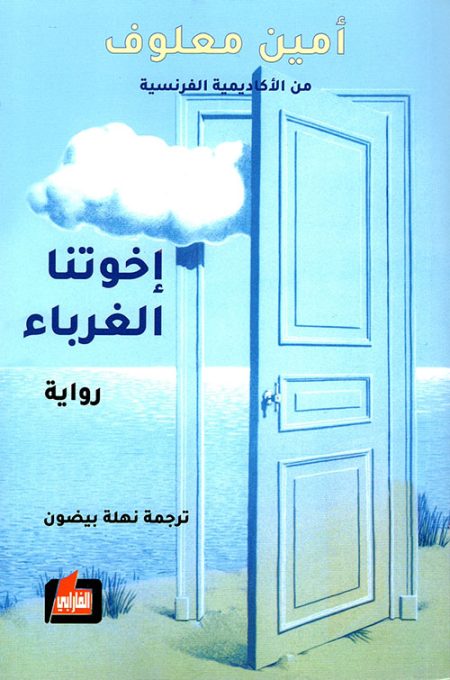
This work reflects on the profound transformations affecting identities and relationships between people, revealing the fragility of human bonds in the face of political and cultural upheaval, and shedding light on the question of belonging in a turbulent world.
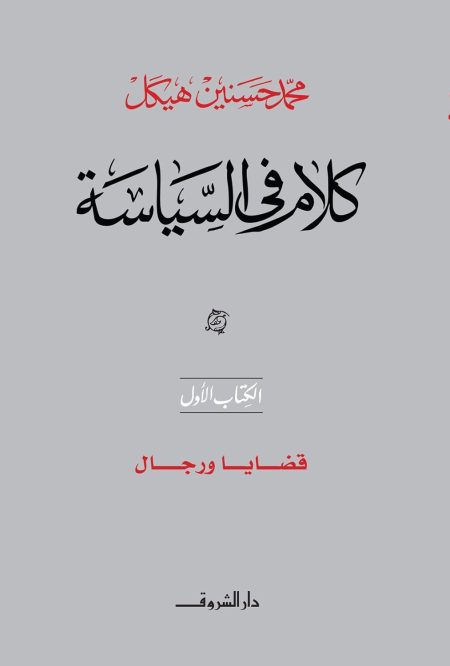
This book offers an in-depth political reading of pivotal events and influential figures in modern Arab history, with a calm analysis that reveals the background of decisions and transformations in the region in a direct and clear manner.

A dense political theatrical text that uses rape as a harsh metaphor to expose the mechanisms of oppression and occupation, and reveals the intertwining of violence with identity and memory.
It employs sharp dialogue to pose ethical and human questions about justice, resistance, and the meaning of freedom.
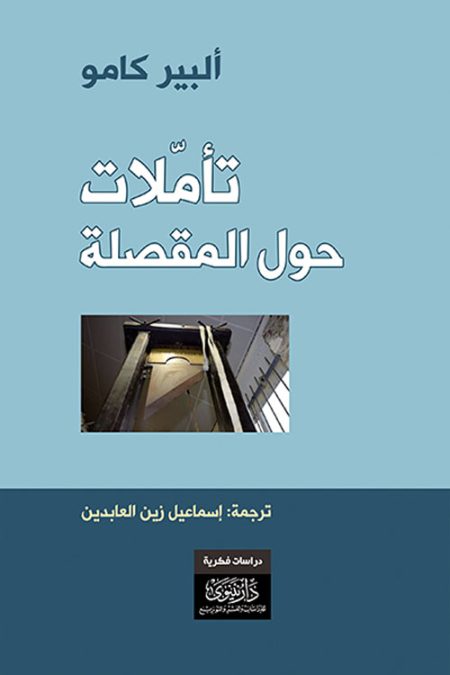
This is an intellectual text that reflects on the death penalty as a cruel practice that contradicts human dignity and deconstructs its moral and legal logic. It presents a profound humanitarian argument that exposes state violence when it legitimizes killing in the name of justice.
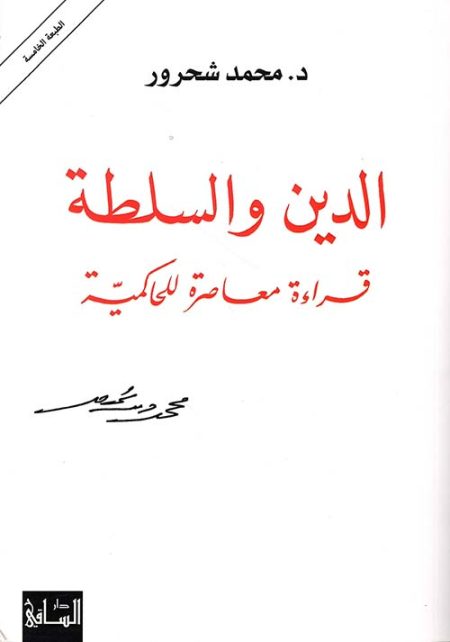
The book addresses the relationship between religion and power from a contemporary perspective, analyzing the concept of governance beyond traditional interpretations and demonstrating how a balance can be achieved between faith and freedom in the modern state.
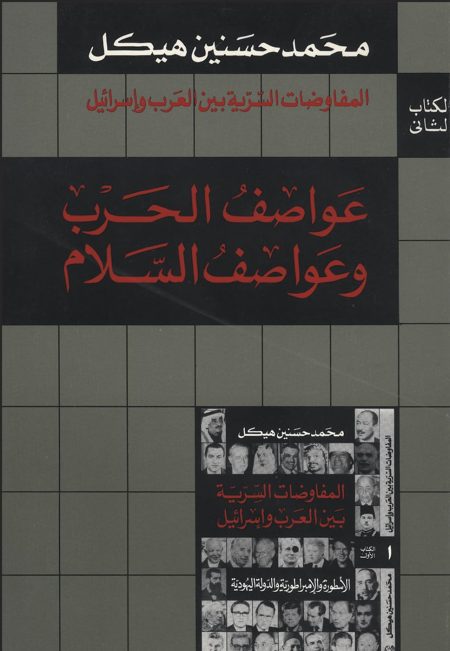
This book reveals the behind-the-scenes dealings of the secret political communications that shaped the course of the Arab-Israeli conflict, offering detailed accounts of what transpired behind closed doors. It presents sensitive developments that influenced decisions regarding war and peace, and how regional and international interests intertwined in shaping positions.
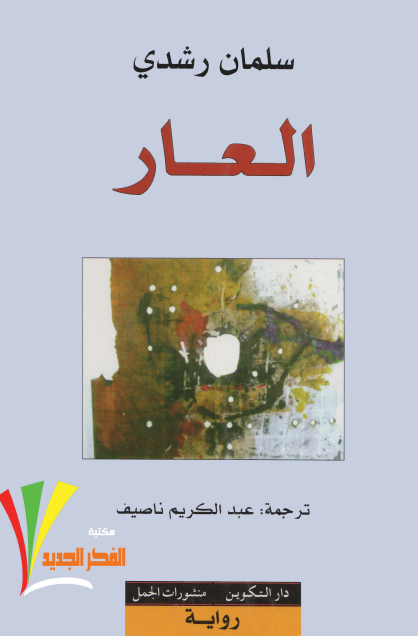
It is a novel that delves into the struggle for identity and shame within a tense society, where complex human relationships intersect with the pressures of politics, religion, and tradition. A bold text that illuminates the ethical question in the face of power, violence, and fear.
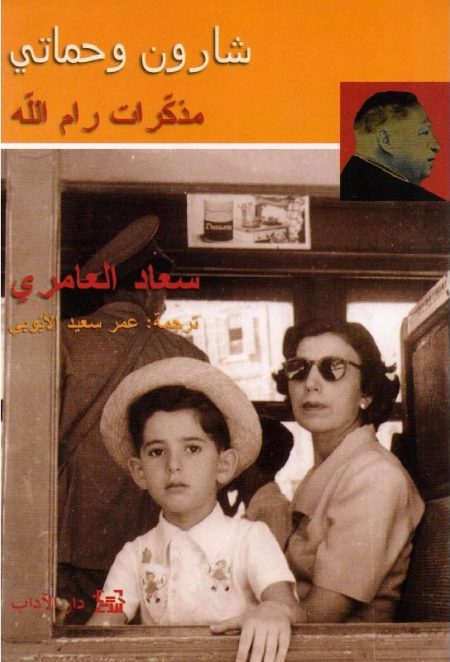
A memoir that narrates the details of daily life in Ramallah, presenting the social and political challenges in a personal, honest style. This text reflects human resilience and the depth of the daily Palestinian experience.
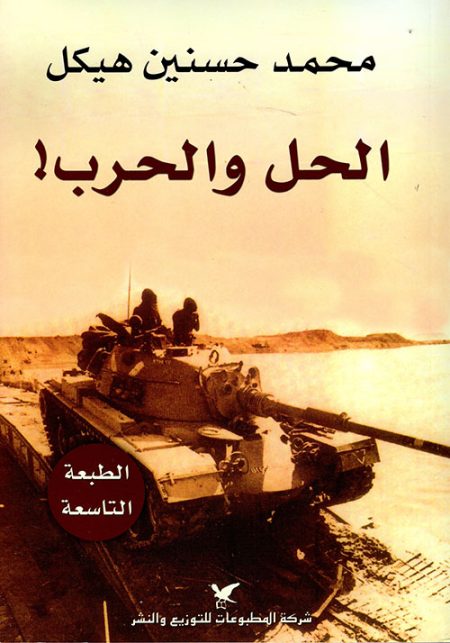
This in-depth analytical presentation of the political and military conflicts in the Middle East offers a comprehensive view of the behind-the-scenes decisions of major powers and how they have impacted the balance of power in the region.
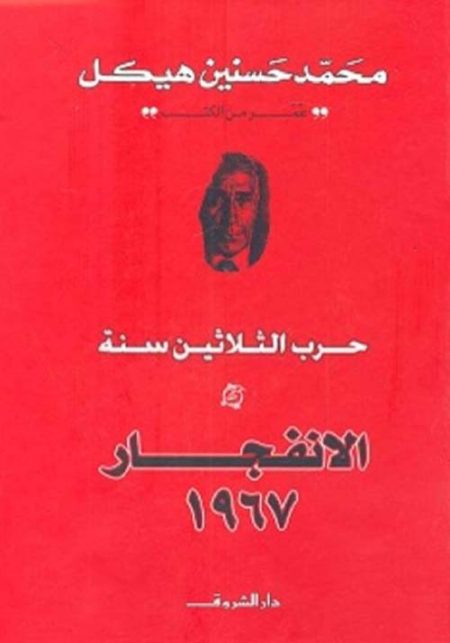
This work examines the political and military background that preceded one of the most important Arab wars, revealing the accumulation of tensions and fateful decisions that led to the moment of explosion in 1967. It presents an in-depth analytical account of the events, dissecting the roles of regional and international powers and their influence on the course of the conflict.
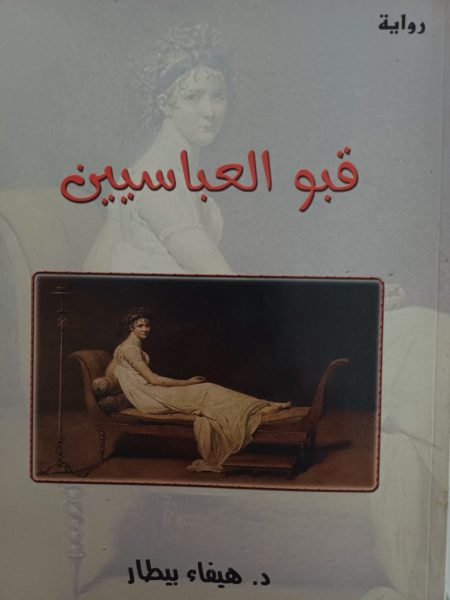
A novel that delves into the darkness of oppression and prisons, revealing what tyranny does to the soul and body through a harsh human experience. A shocking narrative that blends pain with moral questions, transforming individual suffering into a testament to a suffocating political and social reality.
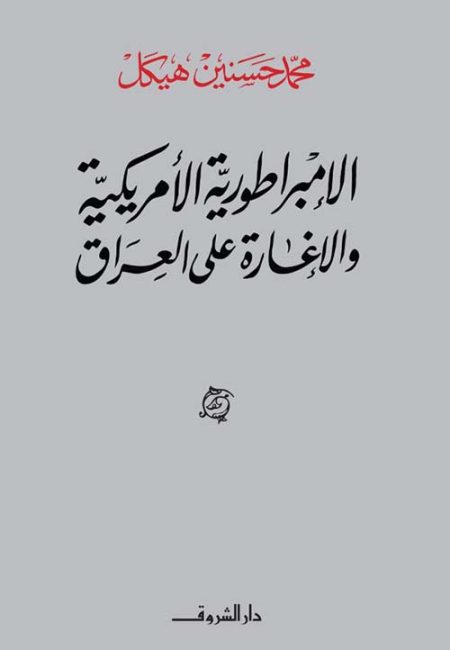
The work explores the background of the American invasion of Iraq, revealing the hidden aspects of the global political decisions that paved the way for the war. It presents an analytical view of the course of events and their impact on the region and the world.